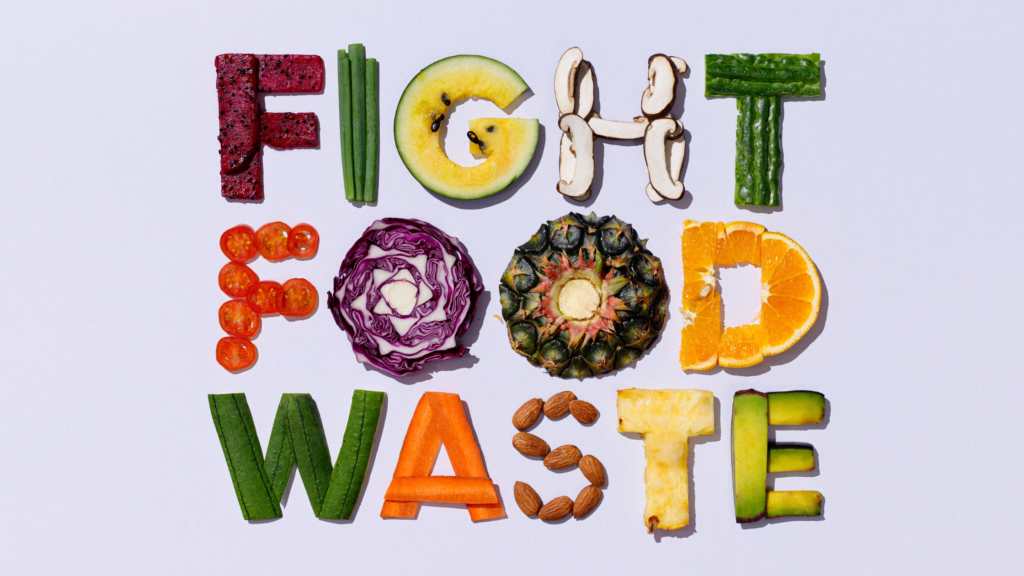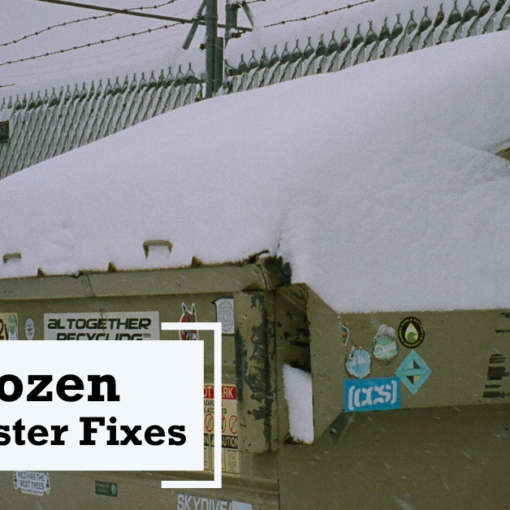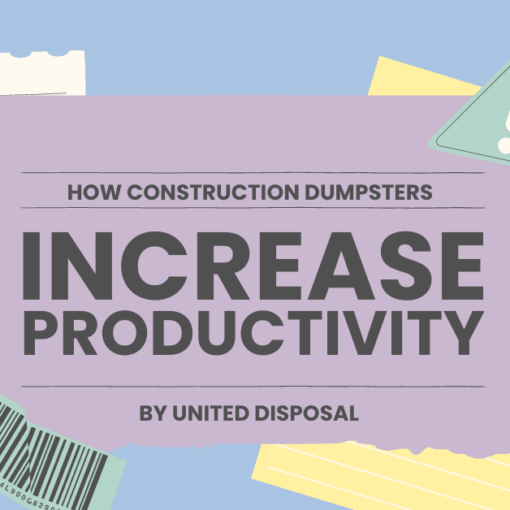
Food waste is a major problem in today’s world. Did you know that in just the US alone, we waste over 80 billion pounds of food each year? That amount is the equates to about 219 pounds per person. That is an insane amount of food! Read on to not only learn about why food waste happens, but also what you can do on your part to try to avoid it.
Food Waste- Why does it happen?
Spoilage
One of the biggest factors going into food waste is spoilage. Many people confuse the “sell by”, “use by”, and “best before” dates and will throw away food before it is even bad. People also tend to overestimate the amount of food they need, causing them to buy too much. The extra food will go bad before they can eat it, causing them to have to throw it away.
Food Waste in Supermarkets
Food is constantly being thrown away in supermarkets. This happens largely because they believe that customers would rather see full shelves. When food is not sold by the sell by date, or if it starts to rot they are forced to throw them out. The USDA estimates that supermarkets lose up to $15 billion each year in unsold fruits and vegetables alone.
Food Waste in Restaurants & Other Institutions
Restaurants and other institutions like hotels, schools, and hospitals are also major contributors to our food waste problem. It is said that restaurants alone generate over 22 billion pounds of food waste per year, and the other institutions contribute an additional 7 to 11 billion pounds per year. This is often due to the fact that people continuously throw out their uneaten food because restaurant portions have become a lot larger than they used to be. Many restaurants and institutions don’t donate leftover food due to legal restrictions.
Food Waste in Households
Household waste is another major contributing factor to our food waste problem. 7 to 11 billion pounds of food waste is in fact contributed from our households alone. How, do you ask? The answer is simple, it boils down to spoilage and over preparing. Remember when I spoke earlier how many people buy more food than they need? This leads to fruits, vegetables, and other items to spoil before we can even get to them. On top of buying more food than we need, we tend to cook larger portions than we need. This leads to our left overs ending up in the trash because we either forgot about them, or the ended up going bad because we took to long to eat them.
Tips on Reducing Food Waste
Now that we know how it happens, let’s find out what we can do to avoid food waste.
At Home:
- Store your food properly to avoid spoilage
- Preserve your food – canning can be very helpful!
- Keep your fridge clean (so you don’t forget what you have in there!)
- Save (and EAT) your left overs
- Keep track of expiration dates
- Don’t over prepare! Keep track of portions
- Freeze foods to prepare later
- Donate to food banks in you know you will not have time to eat it before it goes bad
At the Grocery Store:
- Check each week what you do or don’t use
- Stick with your grocery list
- Do not buy in bulk! (unless you have to)
- Buy “ugly” fruits and vegetables-they taste the same!
If you implement these tips in your daily life, it will make a major difference in the amount of food your household wastes- it will also save you money too!
Overall…
There are so many ways supermarkets, people, and restaurants can cut down the amount of food they waste each year. If every person worked on reducing the amount of food they waste just a little bit, a huge difference can be made. Implementing these tips into your everyday life can help cut the 80 billion pounds of waste thrown out each year, in half! Start taking your part in making a difference today.




